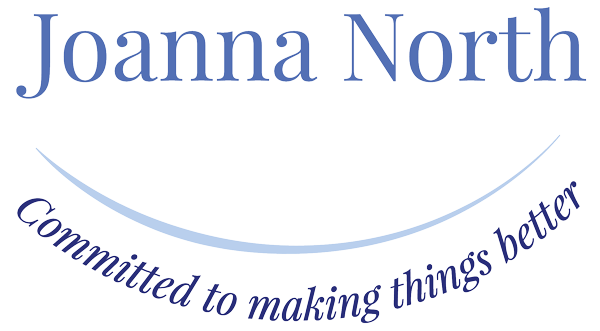Why do we ask you about Historical Abuse or Non Recent Abuse?
Not surprisingly people wonder why we are asking about any past abuse in their lives. We do this as part of our In-Depth Initial Risk Assessment and Consultation with you. So, we want you to understand exactly why you are doing this.
You may have no abuse at all in your history and if this is the case we will move on with your search. However, you may need support as you go along as some of the searches are complicated and cause anxiety and we always wish to be aware of this. Please let us know if you feel anxious at any stage so that we can answer questions and support you.
If you have any abuse in your history, it helps us to know because we can automatically be aware to keep a watchful eye. It is never acceptable for anybody to experience abuse, but it does happen. As you grow into adulthood, the worry and stress and trauma you might have experienced can be put away and stored carefully in the mind. Our minds are very good at protecting us from difficult events – which is excellent because it helps us to get on with our lives. However stressful circumstances can restimulate these hidden memories and cause disturbance. This can be in the form of general or excessive anxiety, upset, unwanted memories, feelings of dread, fear, or anger. Some people may have a sense of dissociation meaning they are not living in the present or finding it hard to be in reality.
With the right support and guidance this upset can pass but you will need the right kind of advice so this is why we ask for any information you can give us, so we know how to be prepared to support you. There is no need for unnecessary worry as this happens infrequently and most people can get through with mild symptoms. A lot depends on the support you have in your life right now and people around you to help you. You may have built resilience over your lifetime and feel able to cope with anything. But people can be taken by surprise by how un-nerving the unknown can be. Also, some people may not know that they were abused in childhood or may have no memory at all of adverse events. So, you will note in our consultation we will ask for three things from everybody in preparation for any problems and particularly any hidden problems.
- That you can let us know of any abuse in your early years.
- Any events in your life that have unsettled you and traumatised you.
- The name of a second person we can call on who is going through your search with you. We call this our ‘buddy’ system. This is so we can ensure you have good support in your local vicinity should you feel troubled – someone to support you and liaise with us if you feel unable to do this. This also reduces your chance of being isolated.
These are all precautionary and risk management measures designed to support you.
Some people with painful histories sail through their search with us. This is usually because they feel good about their lives and have good resources. We are always happy when this is the case, and we don’t bother people unnecessarily. But we know that life is complex and demanding and your resources may not always be at their peak. You don’t have to tell us anything about your history and we are aware that this is private information. However, we can help you better if you do.
If you are bothered by any sense of disturbance by the search here is what we would like you to do:
- Call us and let us know so that we can put you in touch with our counselling service.
- If you don’t feel able to call, then ask your buddy to liaise with us.
- We will be help you within our service but in the long term may refer you for a service that is long term. Unfortunately, we cannot offer a long-term mental health service, but we are competent at signposting in the right direction.
- Join us in our monthly ‘Adults Affected by Adoption’ group where our clients discuss their experiences and decrease their sense of isolation by realising that others have the same experiences.
- We can do everything to help you cope and keep you safe, but we do need you to inform us. And we would prefer to hear about a problem as soon as possible.
More modern research has referred to historical abuse events as ACEs. These are Adverse Childhood Experiences and can include physical, emotional, mental, or sexual abuse, neglect, child exploitation, bullying, racism and child cruelty or abandonment. This research indicated that people with adverse childhood experiences may struggle with mental health and wellbeing in their later years and therefore may need additional support. People with support do better so it is important that you can reach out and ask for help if needed.
Please help us to help you by reaching out and keeping us up to date with any concerns by emailing us:
Dr. Joanna North
Consultant Psychotherapist (adoption)
September 2024.
Joanna North Adoption (Ofsted registered)


